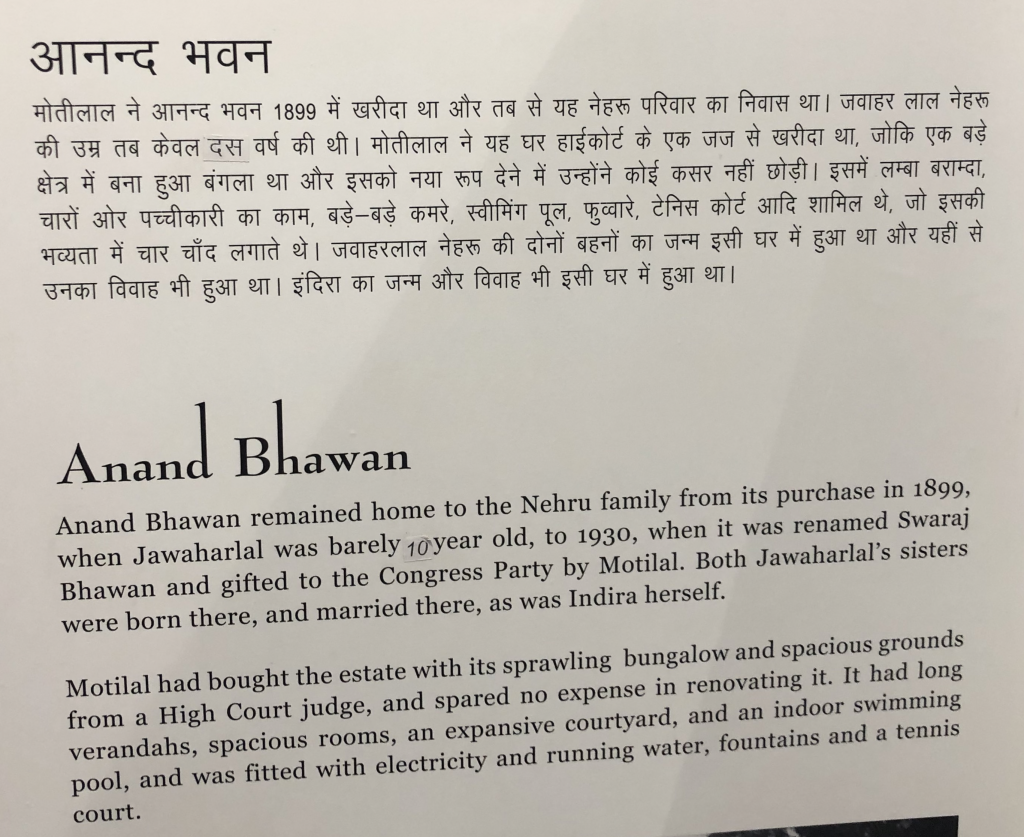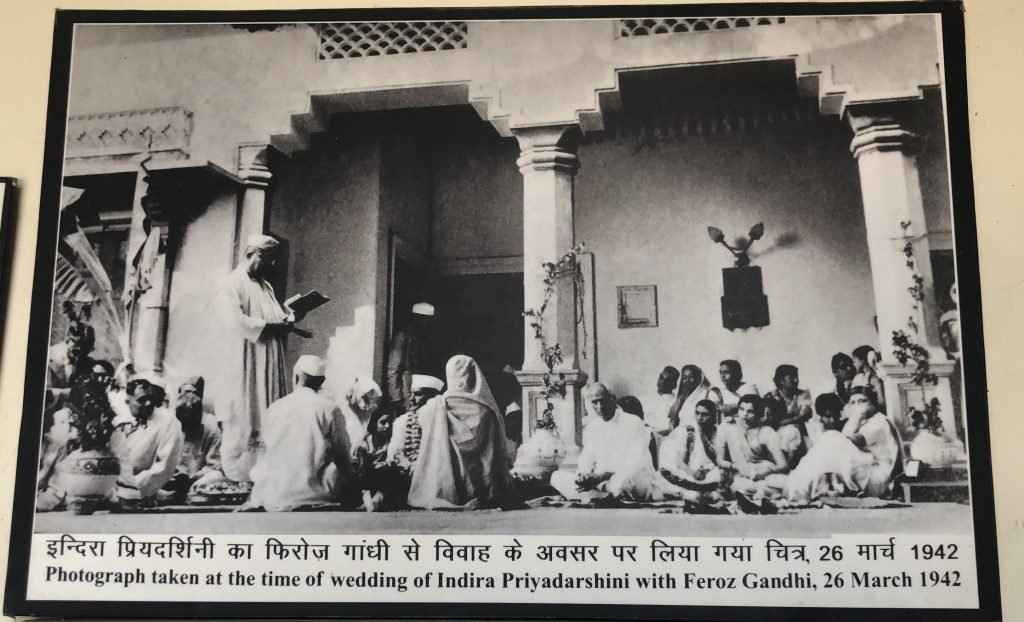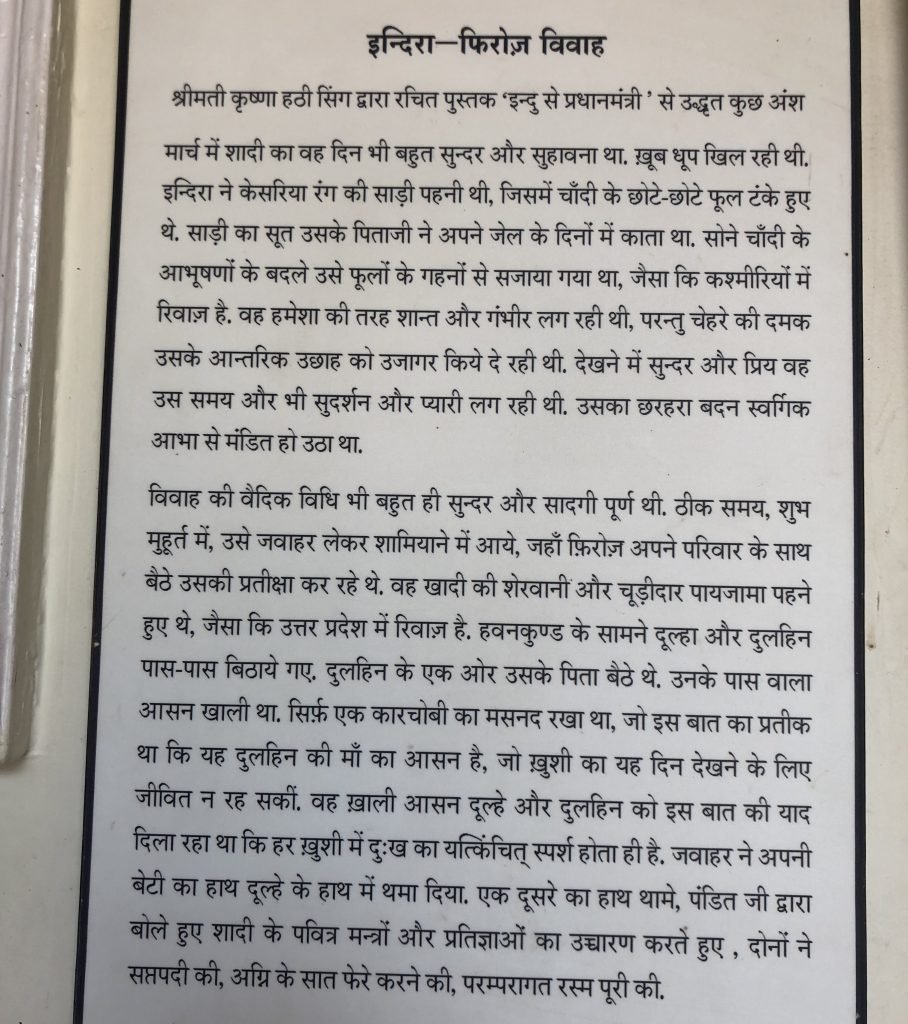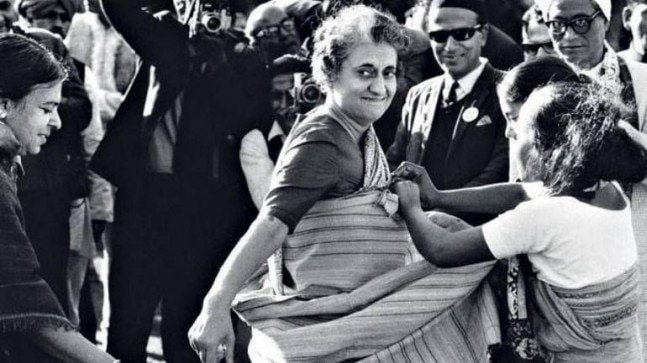Indira Nehru was the sole child of Nehru, who was one among the chief figures in India’s struggle to realize independence from Britain, was a top leader of the powerful and long-dominant Indian National Congress (Congress Party), and was the primary prime minister (1947–64) of independent India. Her grandfather Motilal Nehru was one among the pioneers of the independence movement and was an in depth associate of Mohandas Gandhi. She attended, for one year each, Visva-Bharati University in Shantiniketan, West Bengal state then the University of Oxford in England. She joined the Congress Party in 1938. Indian Prime Minister Nehru being greeted by U.S. Pres. Harry S. Truman at the beginning of Nehru’s visit to the US in October 1949; Nehru’s daughter, Indira, who later served as prime minister.
Indira Priyadarshini Gandhi born November 19, 1917, Allahabad, India— died October 31, 1984, New Delhi), Indian politician who was the primary female prime minister of India, serving for 3 consecutive terms (1966–77) and a fourth term from 1980 until she was assassinated in 1984.

In 1942 she married Firoze Gandhi (died 1960), a fellow member of the party. The couple had two children, Sanjay and Rajiv. However, the 2 parents were estranged from one another for much of their marriage. Indira’s mother had died within the mid-1930s, and thereafter she often acted as her father’s hostess for events and accompanied him on his travels.

The Congress Party took over office in 1947, and Gandhi became a member of its working committee in 1955. In 1959, she was elected to the largely honorary post of party president. She was made a member of the Rajya Sabha in 1964, which year Lal Bahadur Shastri, who had succeeded Nehru as prime minister—named her minister of data and broadcasting in his government.

On Shastri’s overtime in January 1966, Gandhi was named leader of the Congress Party—and thus also became prime minister—in a compromise between the party’s right and left wings. Her leadership, however, came under continual challenge from the proper wing of the party, led by former minister of finance Morarji Desai. She won a seat within the 1967 elections to the Lok Sabha, but the Congress Party managed to win only a slim majority of seats, and Gandhi had to simply accept Desai as deputy prime minister.
Tensions grew within the party, however, and in 1969 Desai and other members of the old guard expelled her from it. Undaunted, Gandhi, joined by a majority of party members, formed a replacement faction round her called the “New” Congress Party. In the 1971 Lok Sabha elections the New Congress group won a sweeping electoral victory over a coalition of conservative parties. Gandhi strongly supported Bangladesh in its secessionist conflict with Pakistan in late 1971, and India’s soldiers achieved a swift and decisive victory over Pakistan that led to the creation of Bangladesh. She became the primary government leader to acknowledge the new country.
In early 1978 Mrs. Gandhi and her supporters separated from the Congress Party by forming the Congress (I) Party—the “I” signifying Indira. She was briefly imprisoned (October 1977 and December 1978) on charges of official corruption. Despite those setbacks, she won a replacement seat within the Lok Sabha in November 1978, and her Congress (I) Party began to collect strength. Dissension within the ruling Janata Party led to the fall of its government in August 1979. When new elections for the Lok Sabha were held in January 1980, Gandhi and Congress (I) were swept back to power during a landslide victory. Her son Sanjay, who had become her chief political adviser, also won a seat within the Lok Sabha. All legal cases against Indira, as well as against Sanjay, were withdrawn.
Sanjay Gandhi’s death in an airplane crash in June 1980 eliminated Indira’s chosen successor from Rajiv Gandhi for the leadership of her party. She adhered to the quasi-socialist policies of commercial development that had been begun by her father. She established closer relations with the Soviet Union, counting on that country for support in India’s long-standing conflict with Pakistan.
During the first 1980s Gandhi was faced with threats to the political integrity of India. Several states sought a bigger measure of independence from the central government, and Sikh separatists in Punjab state used violence to say their demands for an autonomous state. In 1982 an outsized number of Sikhs, led by Sant Jarnail Singh Bhindranwale, occupied and fortified the Harmandir Sahib (Golden Temple) complex at Amritsar, the Sikhs’ holiest shrine. Tensions between the govt and therefore the Sikhs escalated, and in June 1984 Gandhi ordered the Indian army to attack and oust the separatists from the complex. Some buildings within the shrine were badly damaged within the fighting, and a minimum of 450 Sikhs was killed (Sikh estimates of the price were considerably higher).

